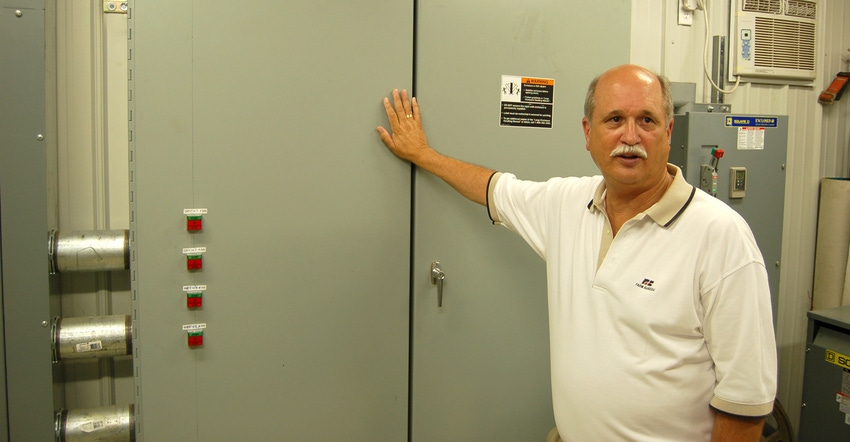September 17, 2019

By Don Villwock
Enrollment in the Purdue University College of Agriculture increases yearly. However, I was shocked to learn 60% of students don’t come directly from a farm. Then I counted the number of farm kids in our neighborhood and realized there aren’t as many farm families anymore and not as many farm kids.
Also, 60% of the freshman class are women. The word has spread that there are great, well-paid jobs in agriculture going unfilled. Job placements in the College of Agriculture exceed 95%. So why do these numbers matter when enrollment in the ag school continues to increase?
When Jay Akridge was dean of the College of Agriculture, he talked to potential employers when they came to campus. Many complimented him on how well students were prepared academically. But they noted today’s students didn’t have much on-farm experience. They related that if two students’ resumes were similar, they would hire the one with a farm background or farm experience first.
Akridge came up with the idea of matchmaking nonfarm students with farmers willing to hire them for a summer internship. Akridge asked me to help launch the intern program, along with Jim Mintert, director of Purdue’s Center for Commercial Agriculture.
During my 14-year tenure as president of Indiana Farm Bureau, I met farmers in every county. That was key, as one goal was to find a farm within 50 miles of the student’s home.
Program launch
Mintert made it known there was a new summer farm internship program. It wasn’t long before he started hearing from students. It was agreed initially to do a pilot year. Everyone knew the program had to be win-win for all parties.
That pilot year was very successful. Student salaries and hours are determined by a discussion between the farmer and student. Ultimately, the farmer, as employer, outlines what he or she expects. One goal is for the student to not only experience everyday work needs, but also be somewhat involved in farm management discussions. These might include decisions on what crop to plant, changes in livestock production, how to improve efficiencies, or whether the farm manager should forward-price or hedge crops.
I was somewhat nervous about bringing an unexperienced equipment operator onto a farmer’s farm. I soon realized finding an experienced farm employee in today’s job market is already very difficult. However, what students lack in tractor or machinery operating skills, they more than make up with computer and technology savvy.
One student organized the farm’s maintenance and field sprayer application records on the farmer’s computer. That student also learned how to operate a high-tech John Deere sprayer and did all postemergence application spraying. Another student started out doing preplant vertical tillage, but soon evolved into drilling all soybeans. These students are bright and very talented, and learn quickly once trained.
Future opportunities
These on-farm internships are a very valuable experience for students and provide farmers with needed help. It could even lead to a key employee or future partner.
If you’re interested in more information or having a student intern, call me at 812-881-8034. I’ll put you on the “available farm list” if a student applies from your area.
Villwock, Edwardsport, Ind., is a special assistant to the Purdue dean of agriculture and a farmer. To see what this program meant to one student and farmer, see tomorrow’s story.
You May Also Like




